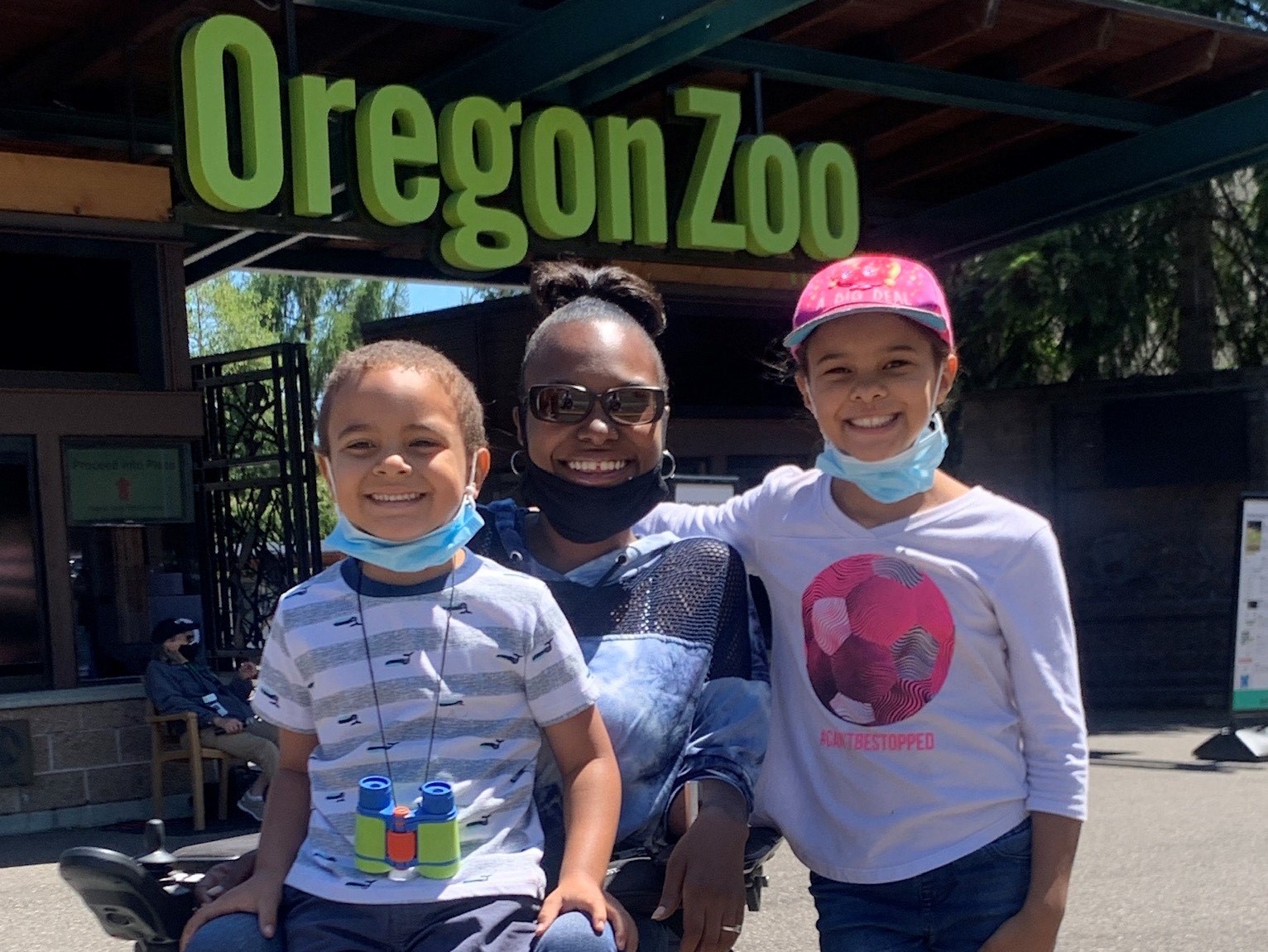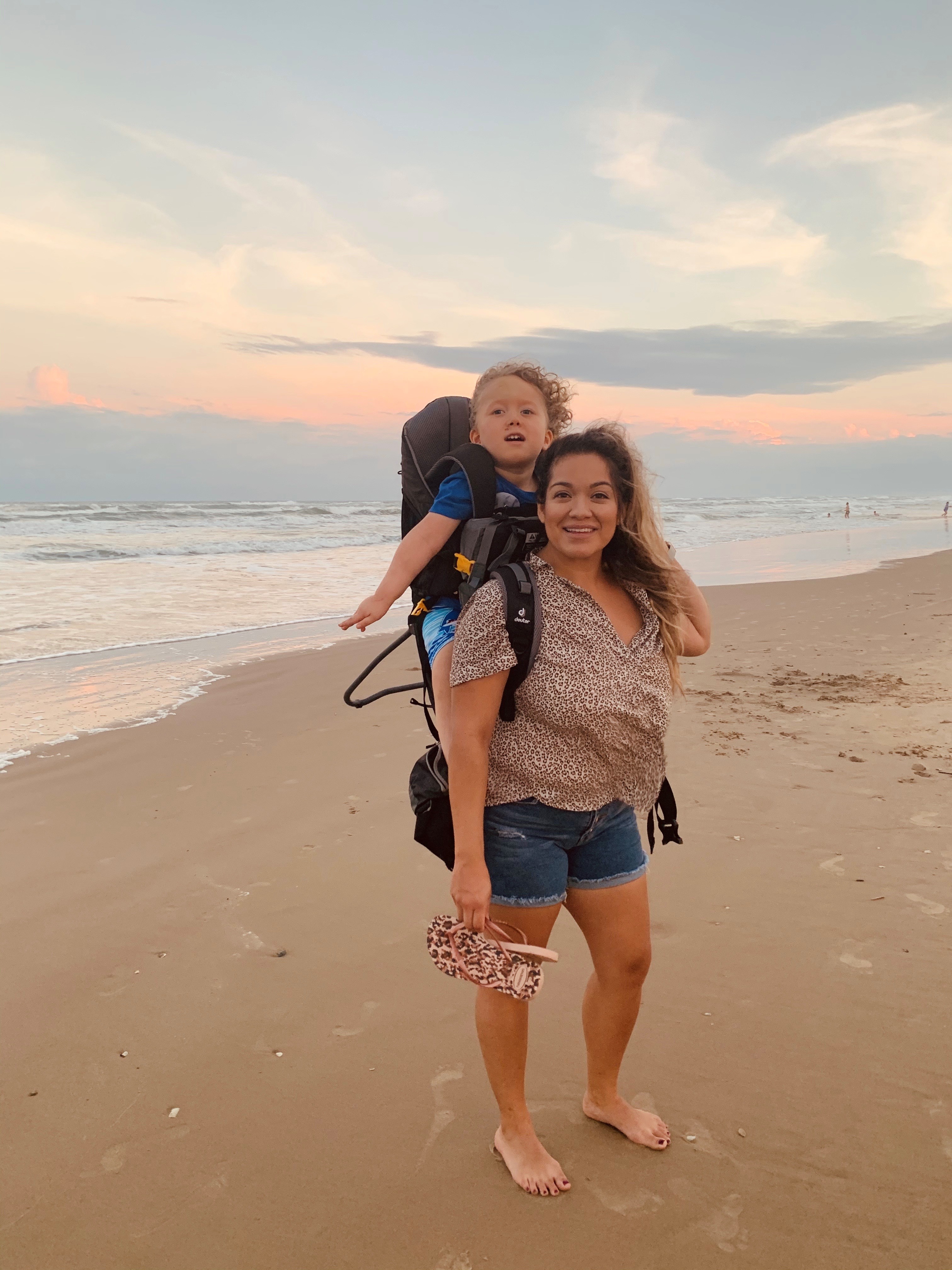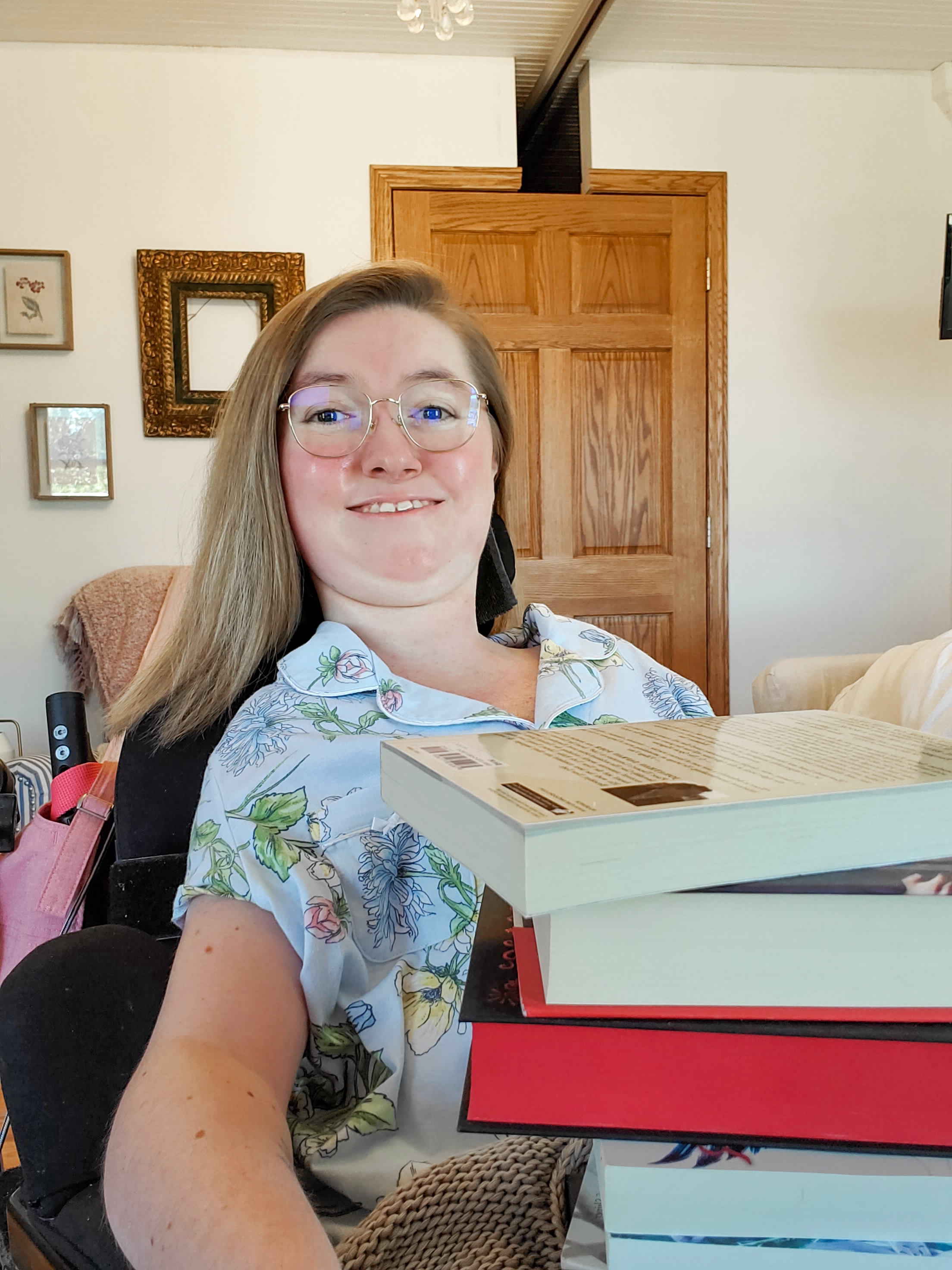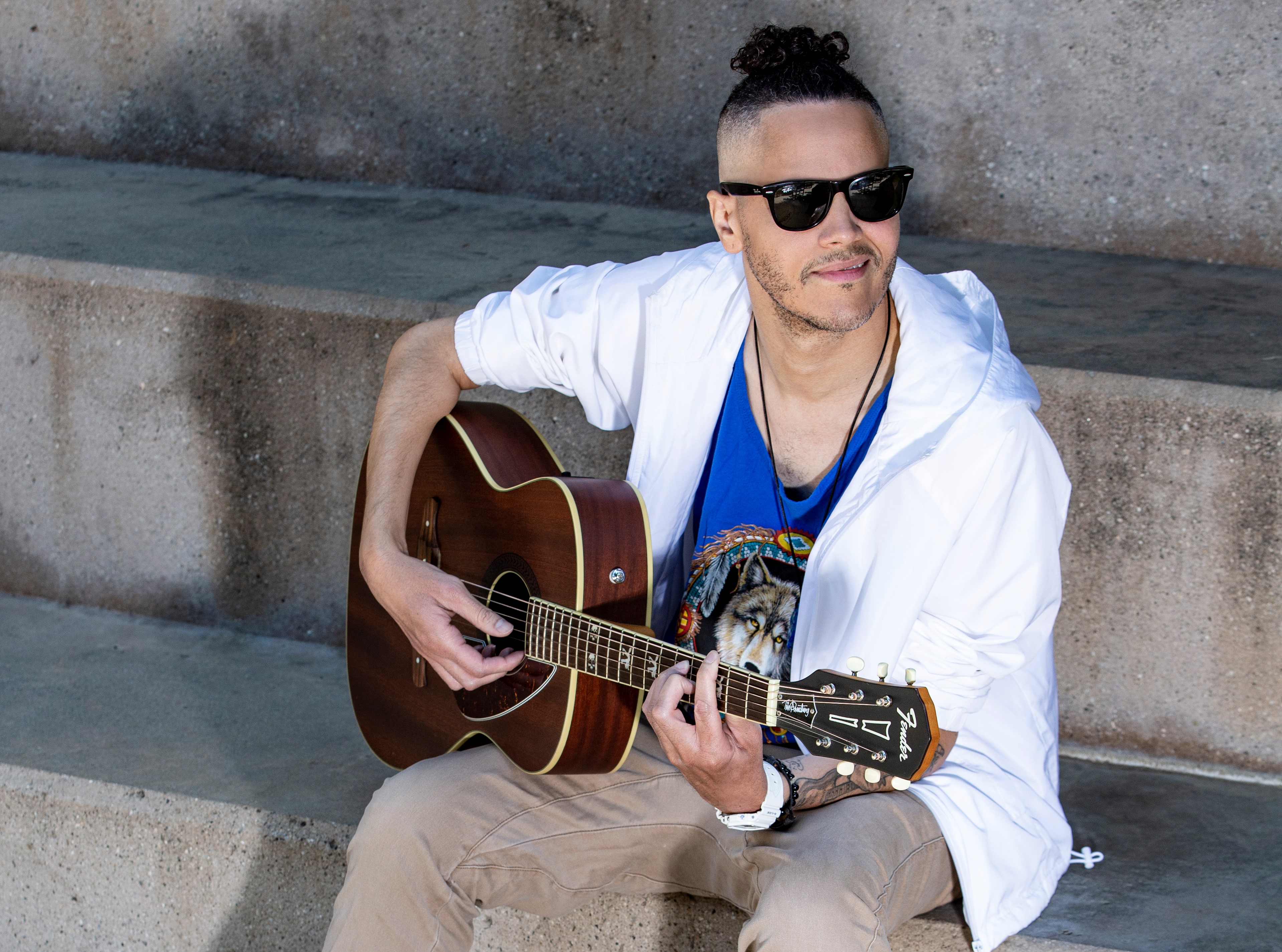I have always had an entrepreneurial spirit. As a little kid, I was always collecting, trading, and selling things to make money. In my teenage years, I was the go-to babysitter, and I did some side jobs here and there. I worked as a telemarketer during and after high school, but never pursued a career. Money management and financial independence were some things I learned and valued from a young age. I always knew I wanted to be financially independent, but having spinal muscular atrophy (SMA), I faced some challenges.
Over time, I realized I had some mental roadblocks and some entrepreneurial fears that were standing in the way of my creativity and motivation. I was too concerned about the future and was stalled in my own fixed mindset that SMA made me feel stuck or confined. I knew that being in the present moment and figuring out the root cause of my limiting self-beliefs was the only way I would be able to let go of those fears, be successful, and follow my passions.
“When those limiting beliefs would come up, I learned to replace them with empowering beliefs. I had to start visualizing where I wanted to go and surround myself with positive and empowered people.”
I started using social media more and interacting with other people in the SMA community. It was and still is empowering seeing other disabled moms and people with SMA putting themselves out there, traveling, and living their best life. My community was giving me encouragement and support. The fear I had of being my authentic self and pursuing my passions was slowly but surely fading away.
When I had children of my own, the feeling of financial confinement I had always felt, started to flood in even stronger. I wanted to be able to offer my children the best life and experiences that I could. I had dreams and goals for myself and my two children that included buying a wheelchair-accessible van, a house, and taking my kids on trips... all things I strive to do. Before having children, as a single person, decisions were a lot easier but now a choice needed to be made on how I was going to live life with my family.
Motivated by motherhood, I gained the courage to move forward. To not focus on my disability, but instead, use my skills and abilities to build a business that helps other people and moms with disabilities to start and grow their businesses. I love networking and building connections. The relationships I've built with different people have helped me get where I am today with my business and life in general.
If there are a few things I've learned about starting a business or bringing a current business to life, they would be:
- Have a clear vision.
- Join or build a community.
- Decide how to balance work and family life.
Having a clear vision is more important to me than ever. It keeps me motivated to continue doing what I need to do and to get where I want to be. I want to encourage my children as my mother did for me, to have fearless dreams and aspirations. Throughout school and into adulthood, I want them to have inner strength and a strong sense of self. All I can do is continue to love and encourage them and their belief in themselves and be an example.




